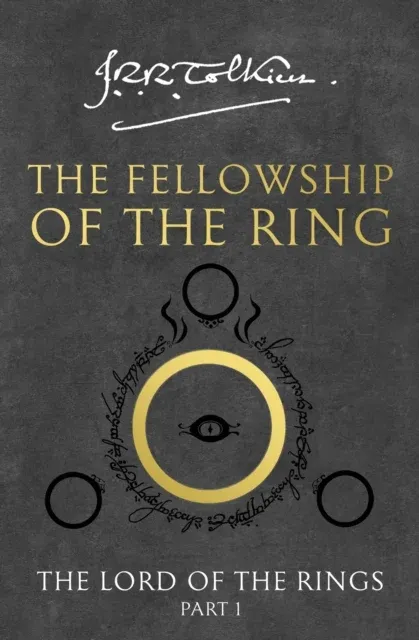Florence Nightingale

Florence Nightingale was the daughter of a wealthy family. She was born in Florence, Italy, in 1820 and died in 1910. Her family moved back to England, and Florence got most of her education from her father at home.
When she was almost 17 years old, she felt that God had called her to do something, so she studied on what to do to help other people. She decided to become a nurse, which was a very poorly paid job back then. Her parents were dismayed by her decision, so they sent her on a trip throughout Europe. This did not stop her, in fact she studied what nurses did around Europe and learned much from this experience. In 1851, she went to study in Kaiserwerth in Germany and started learning how to treat patients.
When the Crimean War started in 1854, she went to the front lines with 38 fellow nurses to take care of the wounded soldiers. Before Florence had gone to the war, the death rate was 42% in the hospitals on the front, after she left, the death rate dropped to 2%. She was so successful because she insisted on cleanliness in the hospitals. However, Florence caught Crimean Fever and was never physically strong again, having to spend a lot of time in bed.
In 1859, she published a booklet called "Notes on Nursing", which sold millions of copies and made her a lot of money.
In 1860, a nursing school bearing her name opened in London.
In 1861, Florence Nightingale was asked to help the Union soldiers who were fighting in the American Civil War. She sent helpful information to Dorothea Dix, the Superintendent of Nurses for the Union Army, on how to treat soldiers. She also made improvements in the hospital services in England, setting up separate wards for men, women, and children. She also gave the patients bells to call a nurse if they needed help.
At the age of 75 she was awarded the Badge of Merit, a badge never before bestowed upon a lady. She died in 1910 and her coffin was carried by 6 sergeants to its burying place.





